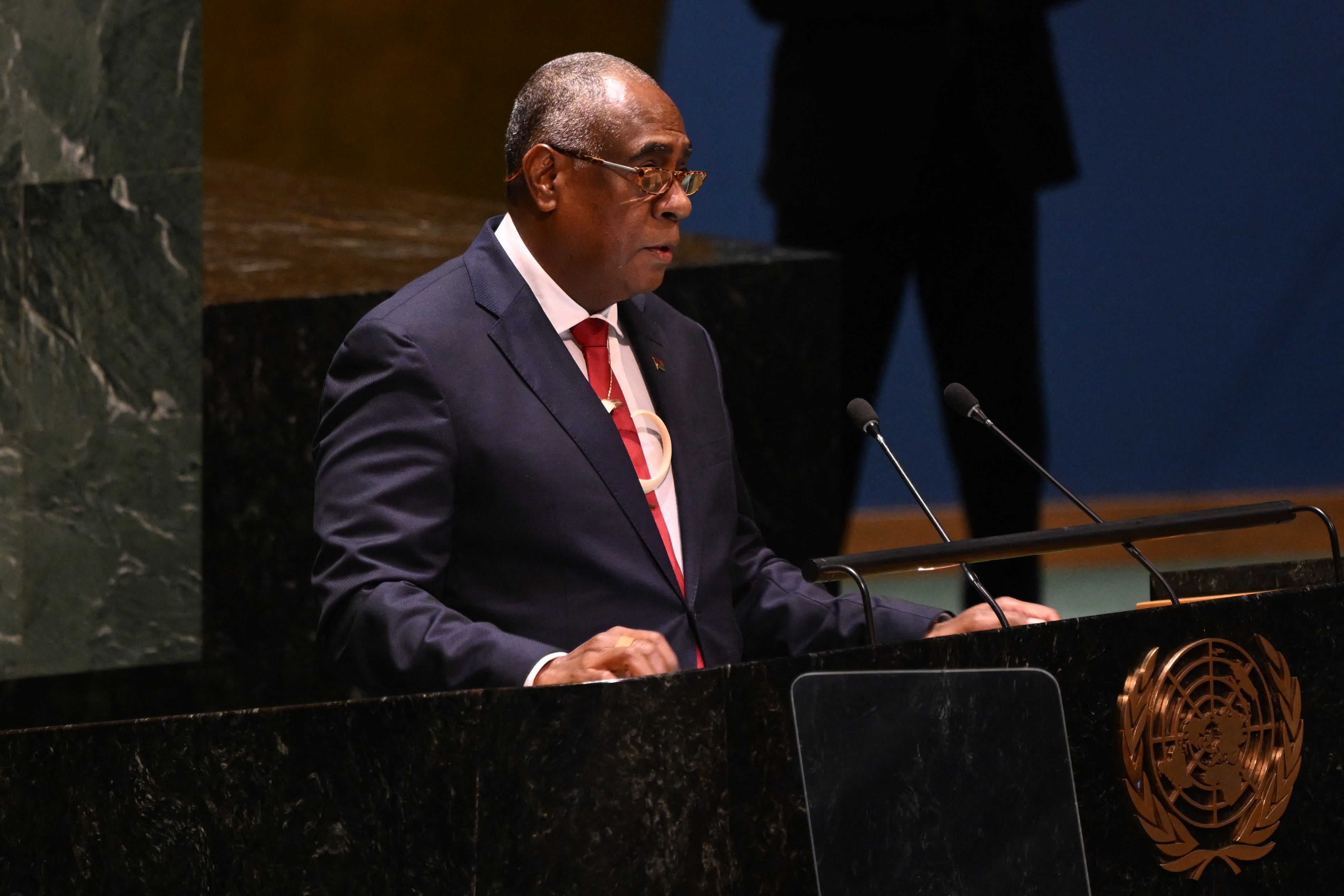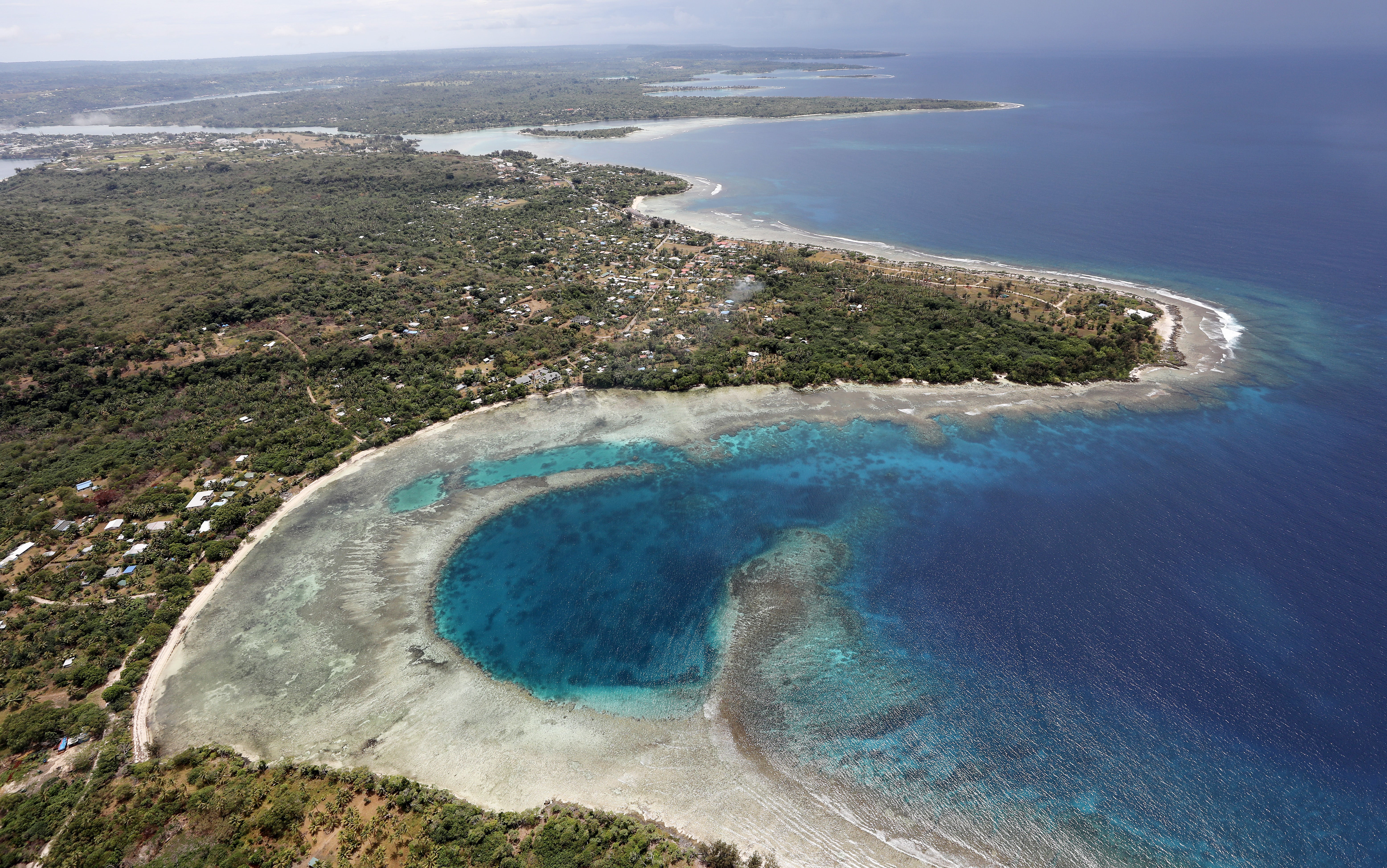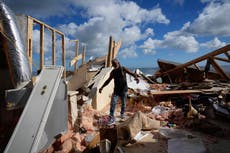UN wants International Court of Justice’s view on countries’ climate obligations
It could be a landmark step in creating a legal track for holding big emitters responsible
The United Nations has voted to ask the International Court of Justice at The Hague to define the obligations of countries in the fight against the climate crisis.
The resolution is based on a proposal by Vanuatu, a Pacific Island nation facing immediate threats from rising sea level due to the climate crisis.
It could be a landmark step in creating a legal track to hold big emitters responsible.
The vote follows years of efforts to find legal recourse for the climate crisis and hold large and historic polluters and sectors accountable.
An advisory opinion by the ICJ would not be binding in any jurisdiction but could underpin future climate negotiations by clarifying countries’ financial obligations related to climate impacts.
It would also help states revise and enhance national climate plans in line with the global Paris Agreement as well as strengthen domestic policies and legislation.
“Such an opinion would assist the general assembly, the UN and member states to take the bolder and stronger climate action that our world so desperately needs,” UN secretary general Antonio Guterres said after the resolution was passed.
Vanuatu prime minister Ishmael Kalsakau said it “will have a powerful and positive impact on how we address climate change and protect present and future generations.”
“Together we will send a loud and clear message not only around the world but far into the future that on this very day, the people of the UN acting through their governments decided to leave aside differences and work together to tackle the defining challenge of our time,” he said before the General Assembly.
Vanuatu, which has faced two Category-4 storms just this month that left 10 per cent of its population in evacuation centres, pushed for the resolution, leading a core group of 18 countries ranging from Costa Rica to Germany.

The UN member countries are now expected to submit input over the next year, with the court taking approximately 18 months to issue its advisory opinion.
The resolution had 121 country co-sponsors, Vanuatu’s climate minister Ralph Regenvanu said ahead of the vote, which made its passage simple with a majority vote.
But on the eve of the vote, Vanuatu diplomats were still trying to win support from China and the US, two of the world’s biggest polluters, to convince them to not raise objections.
The United States, which expressed concerns about the language of the resolution, did not support it at the General Assembly.
Ahead of the vote, US climate envoy John Kerry said while Washington supports efforts to address the issue of loss and damage, Vanuatu “jumped ahead” by taking the question to the international court.
“The United States has concerns with the language and the way it’s been written,” Mr Kerry said.
“It’s not a question of support, not support; it’s a question of whether or... if it is taken up by the court – that it produces something that’s going to be constructive and fair.”
“We believe that diplomacy, not an international judicial process, is the most effective path forward for advancing global efforts to tackle the climate crisis,” a senior official of the Joe Biden administration was quoted by Reuters as saying.
“We have expressed that directly to our partners, and made that clear at the UN.”
For years, the US and other wealthy nations have resisted providing specific finances or to admitting obligations for greenhouse gases that have warmed up the planet by almost 1.2C already.
The divide between poor nations most threatened by the climate crisis who want action and wealthier countries largely responsible for global heating has been a consistent dispute in climate negotiations.

Other vulnerable nations and climate campaigners welcomed the resolution.
Bangladesh’s foreign secretary called the resolution’s passage a “defining moment” that can help bridge the gap between climate finance promises made to vulnerable countries and what is delivered.
“Despite better needs for financing, we see growing expenditure in military budgets or armaments of funding wars and conflicts or even bailing out companies during a financial crisis,” he said.
“We hope this resolution and consequent advisory opinion will provide a better understanding of the legal implications of climate change under international law.”
“A decision from the ICJ could be very influential with courts around the world that are faced with the growing number of climate change cases,” said Michael Gerrard, director of Columbia University’s Sabin Center for Climate Change Law.
The Pacific island law students celebrated the vote, four years after they suggested an ICJ resolution to Vanuatu officials.
”We are just ecstatic that the world has listened to the Pacific Youth and has chosen to take action” on the idea that “started in a Pacific classroom four years ago,” said Cynthia Houniuhi, Solomon Islands based President of Pacific Island Students Fighting Climate Change.
The latest report by the Intergovernmental Panel on Climate Change (IPCC) warned that to limit global warming to 1.5 degrees Celsius, greenhouse gas emissions must be nearly halved by 2030.
Climate-related litigations have ramped up worldwide, with over 2,000 cases taken up in various courts, according to ClientEarth attorney Sam Hunter-Jones, who stressed on the need for an ICJ opinion.
Other international courts and tribunals are also being asked to clarify and define the law around climate obligations, including the Inter-American Court of Human Rights and the International Tribunal for the Law of the Sea.
Additional reporting by agencies
Join our commenting forum
Join thought-provoking conversations, follow other Independent readers and see their replies
Comments





Bookmark popover
Removed from bookmarks